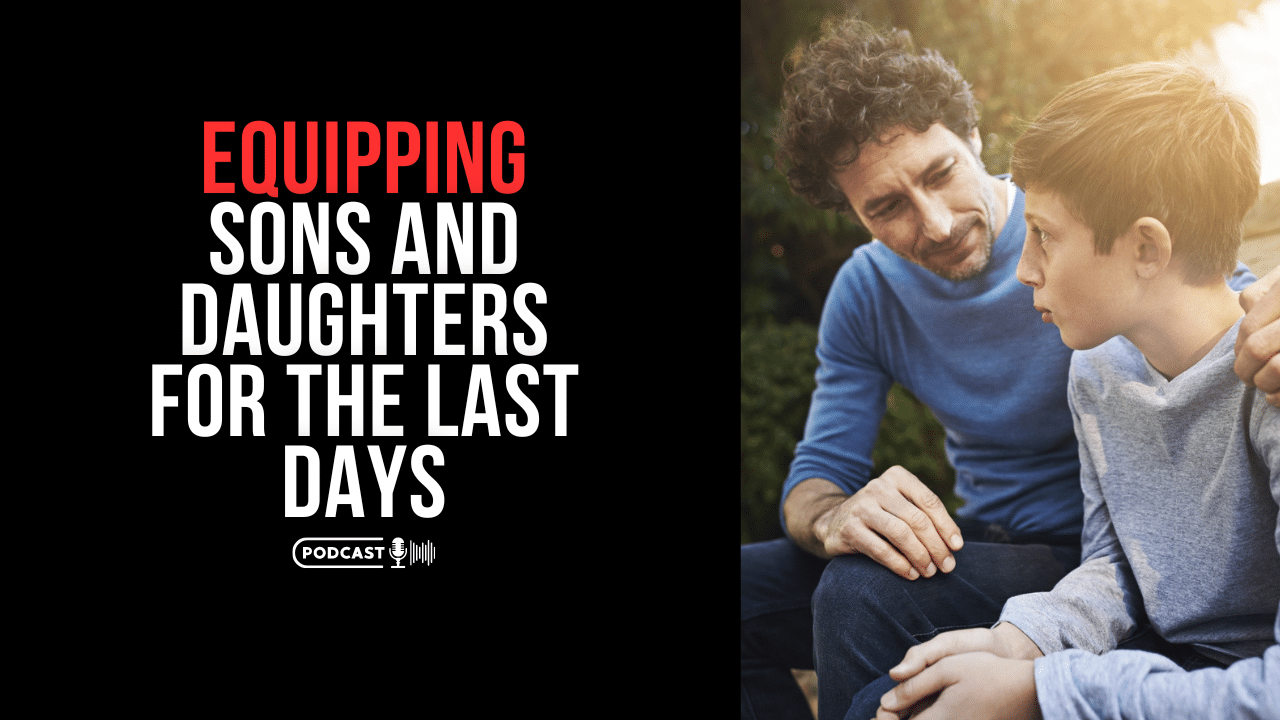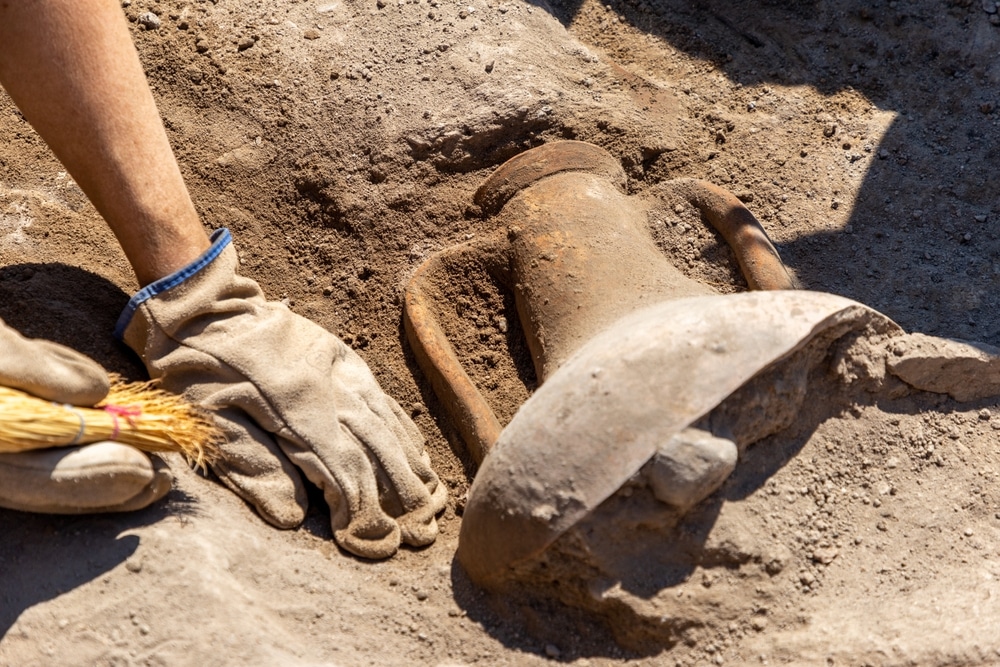(OPINION) Have you read the Bible and noticed how many illustrations there are in regard to eternal ramifications connected to wheat, tares, vines, and branches? Did you know that many mentioned in the Bible preached using illustrations of these types of vegetation? Let’s show you these illustrations. One example was from David when he said the following from Psalm Chapter One.
Blessed is the man
Who walks not in the counsel of the ungodly,
Nor stands in the path of sinners,
Nor sits in the seat of the scornful;
2 But his delight is in the law of the Lord,
And in His law, he meditates day and night.
3 He shall be like a tree
Planted by the rivers of water,
That brings forth its fruit in its season,
Whose leaf also shall not wither;
And whatever he does shall prosper.
The ungodly are not so,
But are like the chaff that the wind drives away.
Therefore the ungodly shall not stand in the judgment,
Nor sinners in the congregation of the righteous.
Then we have John the Baptist in Matthew chapter 3, where he was preaching in the wilderness of Judea, saying, “Repent, for the kingdom of heaven is at hand!” He then sets his focus on the Pharisees and teachers of the Law of his day and begins to rebuke them saying: “Brood of vipers! Who warned you to flee from the wrath to come?
8 Therefore bear fruits worthy of repentance, 9 and do not think to say to yourselves, ‘We have Abraham as our father.’ For I say to you that God is able to raise up children to Abraham from these stones.
10 And even now the ax is laid to the root of the trees. Therefore every tree which does not bear good fruit is cut down and thrown into the fire. 12 His winnowing fan is in His hand, and He will thoroughly clean out His threshing floor, and gather His wheat into the barn, but He will burn up the chaff with unquenchable fire.”
Lastly, we have Jesus in John 15 giving us yet another sobering warning. “I am the true vine, and My Father is the vinedresser. 2 Every branch in Me that does not bear fruit He takes away; and every branch that bears fruit He prunes, that it may bear more fruit.
3 You are already clean because of the word which I have spoken to you. 4 Abide in Me, and I in you. As the branch cannot bear fruit of itself unless it abides in the vine, neither can you, unless you abide in Me.
5 “I am the vine, you are the branches. He who abides in Me, and I in him, bears much fruit; for without Me, you can do nothing. 6 If anyone does not abide in Me, he is cast out as a branch and is withered; and they gather them and throw them into the fire, and they are burned. 7 If you abide in Me, and My words abide in you, you will ask what you desire, and it shall be done for you. 8 By this My Father is glorified, that you bear much fruit; so you will be My disciples.
When we read all of these passages we can see a clear revelation from the Holy Spirit and that is the righteous of the Lord are compared to wheat and fruitful trees that remain prosperous, healthy, and sustained in the Lord and will be spared from the day of judgment. However, the wicked including religious hypocrites, and leaders that are unholy and perverse, are included here.
These are those who John was rebuking in his day and these same types of leaders are still present today, John likened these men to chaff and warned that the axe was being laid to their roots and they would be thrown into the fire if they did not truly repent and bear fruits worthy of repentance. Jesus went even deeper on this comparison, in the passage above where he uses the illustration of a vine and its branches.
In the passage in John 15, Jesus refers to himself as the vine which is the source of life for the branches. It provides the water and nutrients by which the grapes are produced. Without the vine, no fruit could ever result. Branches are utterly dependent upon the vine.
Christ refers to the vinedresser who is directly involved in the daily pruning and cultivation of grapevines. This is a centuries-old profession, vinedressers work nearly year-round to help ensure the vineyard has a successful crop from which to create wine, juices, and other items.
He then gives the imagery of us as branches of the vine that will require seasonal pruning to produce fruit. Christ warns that we as branches must remain in him in order to be sustained, to thrive, and to produce fruit. He then gives a sobering warning saying “If anyone does not abide in Me, he is cast out as a branch and is withered; and they gather them and throw them into the fire, and they are burned”.
This is nearly identical to what John the Baptist warned. Folks, this illustration of chaff and branches being thrown into the fire is a reference to an eternal hell where the fire will never be quenched! Let’s go even deeper with this revelation.
In Luke chapter 13, where he also spoke this parable: “A certain man had a fig tree planted in his vineyard, and he came seeking fruit on it and found none. Then he said to the keeper of his vineyard, ‘Look, for three years I have come seeking fruit on this fig tree and find none. Cut it down; why does it use up the ground?’
This is the same imagery found in Mark chapter eleven where Jesus passed through a place called Bethany, and He was hungry. 13 And seeing from afar a fig tree having leaves, He went to see if perhaps He would find something on it. When He came to it, He found nothing but leaves, for it was not the season for figs.
14 In response Jesus said to it, “Let no one eat fruit from you ever again.” 20 Now in the morning, as they passed by, they saw the fig tree dried up from the roots. 21 And Peter, remembering, said to Him, “Rabbi, look! The fig tree which You cursed has withered away.”
Here again, we see this illustration of the consequences of not bearing fruit and the dire consequences that come from not bearing fruit worthy or repentance. I am perfectly, aware that many will read this and be quick to go to the comment section and accuse me of being “legalistic” and the list goes on but these illustrations were written for a reason and it’s not to be ignored!
The wicked were illustrated as Chaff which is the loose, outer covering of wheat that must be separated in the process of threshing and winnowing of harvesting. In Bible times, grain was threshed, or trampled, crushed, and beaten, on outdoor threshing floors to separate the chaff.
The chaff would blow away from the wind or sometimes was burned as fuel. In the winnowing process, the grain was then tossed into the air, allowing the wind to further separate any remaining bits of the husk from the wheat. These bits, called chaff, would be carried away in fine particles like dust.
Let’s heed this warning and not be the chaff blown by the wind or the fruitless trees because we refuse to separate ourselves from the ungodly, we refuse to break the yoke of unequal relationships, we refuse to repent! All 3 of these men mentioned here all warned of the dangers of hellfire! Why not be the wheat or the branch that remains rooted and connected to Christ and his Word? Why not be the tree that’s planted by rivers of water bringing forth fruit in your season?

















